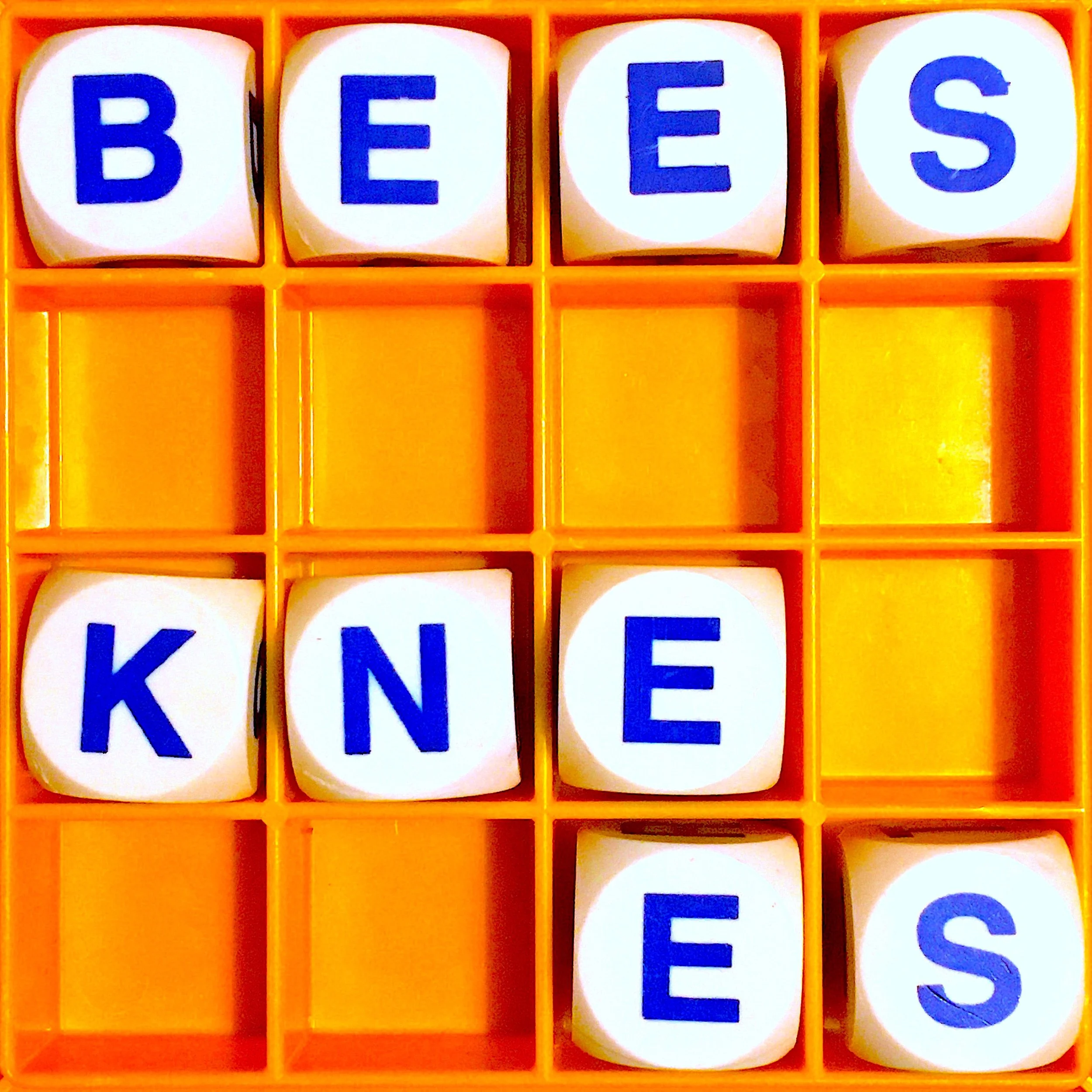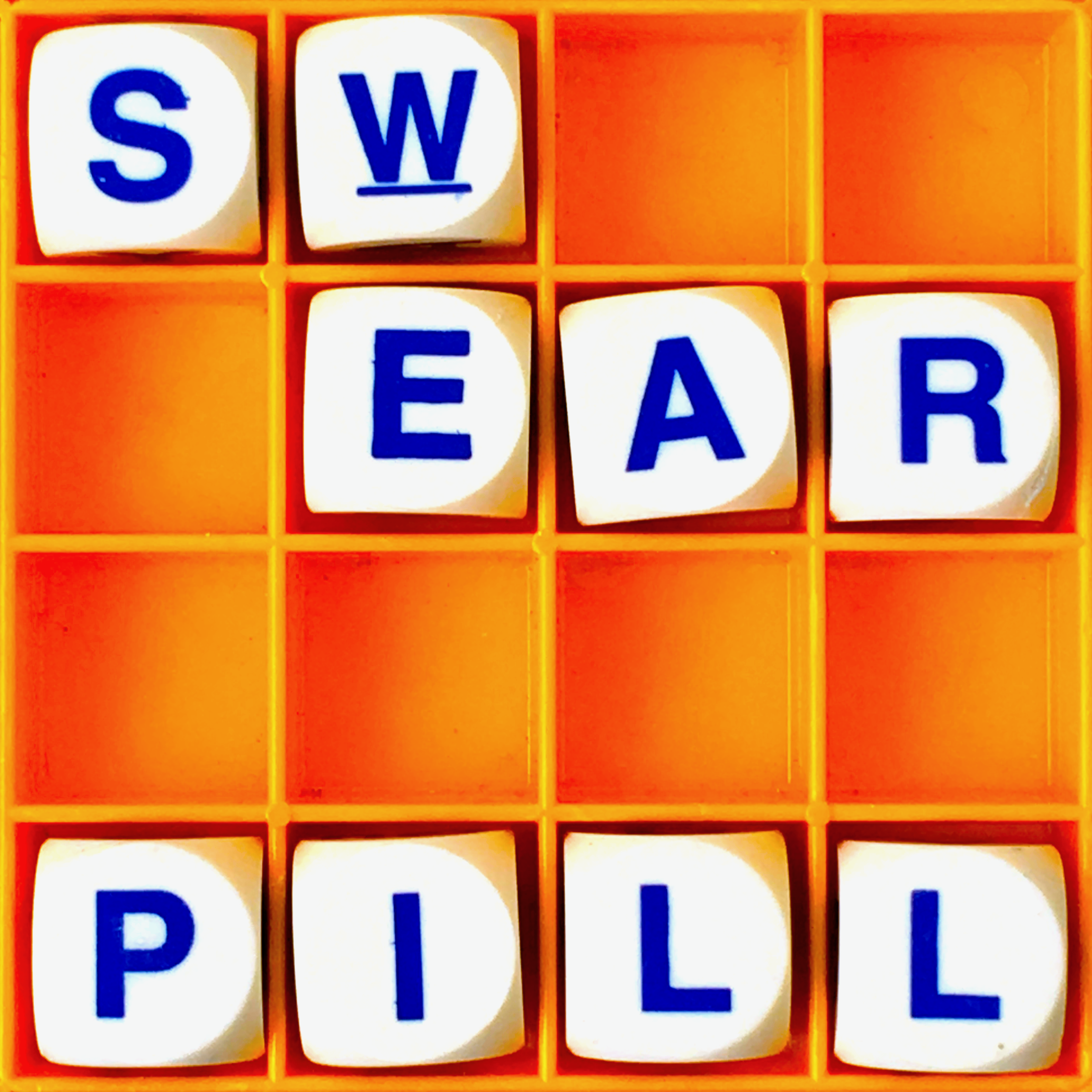EDITH SHEFFER: I do think it's important that Asperger's syndrome be removed as a distinct label. I don't think it's helpful medically and then ethically. Eponymous diagnoses are bestowed as an honour, to commend someone for one's life work and also to commend someone for discovering a condition. And arguably Asperger merits neither.
Read moreAllusionist 151 The Bee's Knees transcript
“There's a town in Quebec called Saint-Louis-du-Ha! Ha!, which apparently has the Guinness World Record for most exclamation marks in a town name. Which is two.”
Read moreAllusionist 120 Shine Theory transcript
AMINATOU SOW: Hi. We are Ann Friedman and Aminatou Sow, and we are the authors of the book Big Friendship, as well as the hosts of the podcast Call Your Girlfriend.
HZ: And at some point between 2009, when they met and befriended each other, and 2013, when Ann used it in an article in New York Magazine, Aminatou and Ann coined the term Shine Theory.
ANN FRIEDMAN: I think this is just something that, you know, you probably said to me first, “I don't shine if you don't shine.” And then it became a thing we said frequently to each other and to other friends.
AMINATOU SOW: I will confess that it is the lyric from the Killers album that I just enjoyed a lot.
Read moreAllusionist 119. Blood Is Not Water transcript
ANTHONY RUSSELL: I want to have a vocabulary in order to be able to talk about things that directly affect me as an as an African-American, and as a black Jew, and as a Jew, I should have I should be able to talk about things that affect my life.
Read moreAllusionist 97. The Future is Now? - transcript
ROSE EVELETH: I couldn't say this to most people, but you probably understand getting obsessed with a phrase, where you're like, "What is this thing that we say that is weird?" And the one that I've been obsessed with for a while is "The future is now".
HZ: This is Rose Eveleth. She makes the podcast Flash Forward, about how certain scenarios might play out in the future. Which may or may not be now.
ROSE EVELETH: I tend to use it most ironically, where like you see something dumb with technology and you're like "Oh, the future is now!" "Oh, an Internet-connected toaster - the future is now!"
HZ: “Social network for dogs!”
ROSE EVELETH: Exactly. Right. And other people I think use it much more straightforwardly, and much more non-ironically, which is like, "Oh, things are happening so quickly. The future is upon us. Things are changing really rapidly. The future is always happening right in front of us. Technology is amazing." There are two ways to say "the future is now": you can say it optimistically, you could be like, "the future is now! Isn't that cool?" Or you could be like, "the future is now, and we're totally screwed.”
I have a tweetdeck column that is just for that phrase "the future is now", just to watch what people are saying. "School buses with Wi-Fi. The future is now". The U.S. Forest Service,
2018 Extra Special QUIZ! - interactive transcript
For a bit of fun to celebrate Radiotopia’s 2018 fundraiser, this episode is a wordy quiz for you to play along with as you listen.
Read moreAllusionist 81. Shark Week - transcript
HZ: There used to be a term ‘goatmilker’, it was a bird that was believed to suck milk from goats at night, but it was also slang for sex workers, and therefore slang for vulvas.
HRISHIKESH HIRWAY: Wow.
HZ: Licentious men were known as ‘goatmilkers’, because they were frequenting these sex workers in the 17th century when this word was around.
HRISHIKESH HIRWAY: Again, not enough poetry in that for me.
HZ: Too vulgar for you?
HRISHIKESH HIRWAY: Yes, for my delicate sensibilities.
Allusionist 74. Take A Swear Pill - transcript
HZ: So why is swearing good for you?
EMMA BYRNE: It's good for us socially, in that it is this really useful telegraph of our emotions; it's a good way of avoiding physical conflict. It's also a really good way of bonding, of saying "I hear you. I feel the strength of your emotions," like saying "Fuck that shit" when someone comes to you with something that's obviously upset them. Sometimes it needs to be something stronger than just putting your arm around their shoulder going, "Oh there, there". It's also really useful individually, both for a cathartic side of things when you do something painful or frustrating, letting it out there.
HZ: Another reason swearing is good for you: it relieves pain.
EMMA BYRNE: That is really potent and surprisingly well documented. When you stick your hands, for example, in freezing cold water, you can stand it for about half as long again if you’re using a single swear word than if you're using a single neutral word. Not only that: when afterwards you're asked about how painful that experience felt, you report that cold water as feeling much milder than the water that you had your hand in while you were using some neutral word. So we know that it's really handy for dealing with pain that's being inflicted on you. We also know that it's quite useful, for example, among people who are suffering from long term conditions - so not pain that's been inflicted in a lab, the pain that is ongoing. So managing particularly the emotional aspects of long term pain, a good swear can be cathartic.
Read moreAllusionist 27: Bonus 2015 - transcript
Sometimes the false etymology is so fun, I want to believe it, even though I don’t, as in this request from Gav for the origin of the term “You’re fired” as it relates to employment. One ambitious suggestion is that in the early 20th century, John H Patterson, the founder of the National Cash Register company - which was a big deal in those days - was such a harsh boss, he used to communicate to employees that they were no longer required by taking their desks outside and setting fire to them.
Read moreAllusionist 11: Brunchtime - transcript
Motel. Email. Chocoholic. Labradoodle. Fanzine. Tanzania. Jazzercise. Breathalyzer. Televangelist. Chillax. Smog. Bromance. Velcro. Brangelina. Chrismukkah. Podcast. Jorts.
Modern English is awash with portmanteau terms, words formed from two or more words spliced together. The word ‘Portmanteau’, meaning a piece of luggage, is itself a portmanteau word from the 16th century, uniting the French words ‘porter’, meaning ‘to carry’, and ‘manteau’, meaning cloak. But credit for the Frankenword sense of 'portmanteau' goes to Lewis Carroll, in Alice Through The Looking Glass. Alice asks Humpty Dumpty to help her make sense of the Jabberwocky poem, full of portmanteaus like slithy, mimsy, galumph and chortle. “You see it's like a portmanteau,” says Humpty Dumpty, “there are two meanings packed up into one word.”
Today, I want to unpack one particular portmanteau, and that portmanteau is 'brunch'.
Read more









